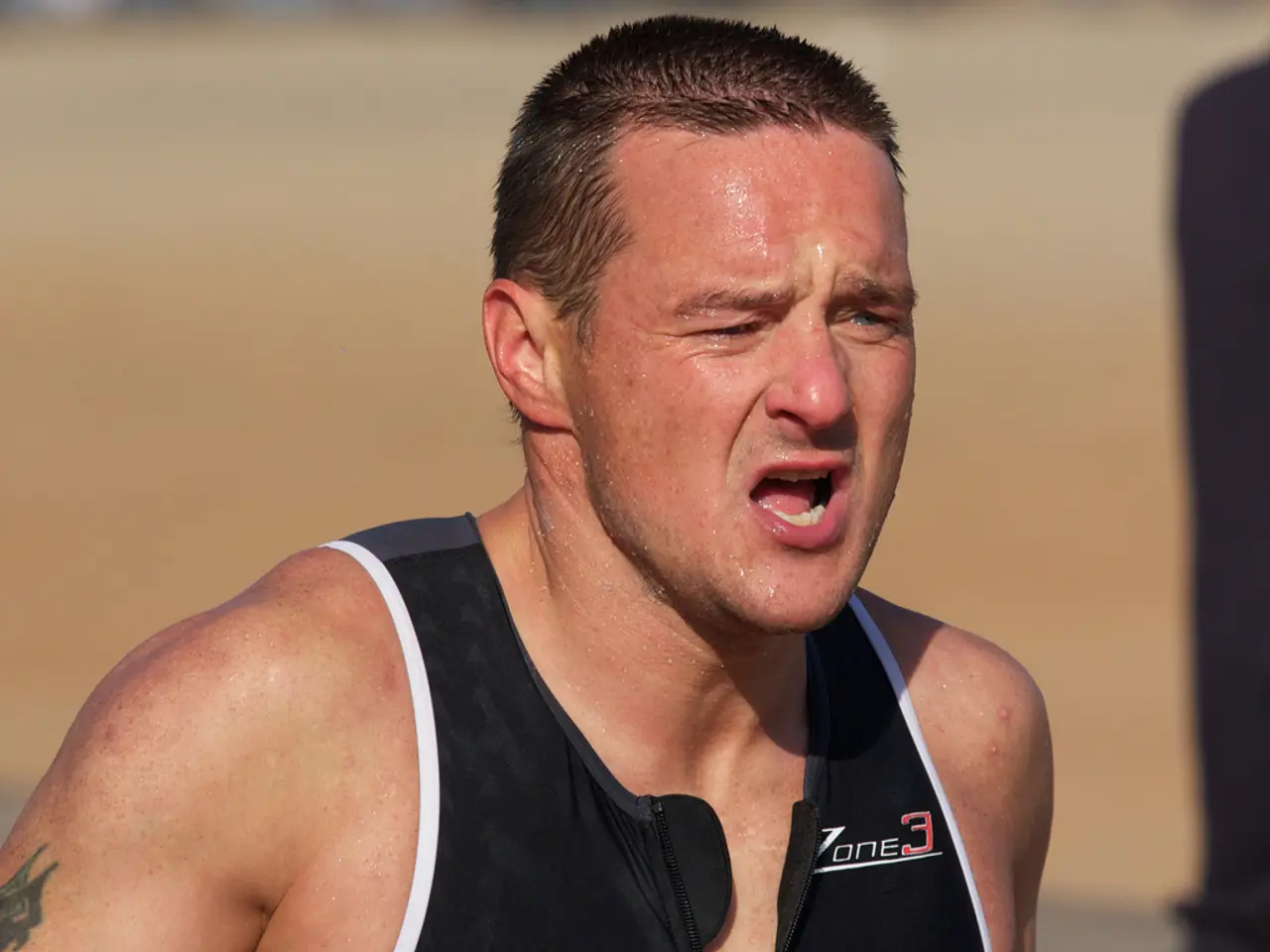Nine out of ten individuals demonstrate significant improvement after undergoing treatment for gambling addiction, according to GambleAware's latest report.
The UK is witnessing a notable increase in the demand for treatment for gambling addiction, reflecting growing awareness and concern around the issue. According to recent statistics, approximately 0.3% to 0.5% of adults in England meet clinical thresholds for problem gambling, with additional percentages engaging in at-risk gambling or being negatively affected by others' gambling [1][2].
The interest in help for gambling addiction is evident in significant monthly online searches for "gambling addiction", indicating a rising public interest in finding support [2]. However, referrals through formal services like the National Gambling Helpline remain lower than the demand, with just over 6,000 referrals in 2021–22 compared to thousands more searching for help [2].
Successful Treatment and Funding Constraints
Successful treatment for gambling addiction often involves addressing co-morbid mental health issues such as depression and trauma, as problem gambling frequently occurs alongside other psychiatric conditions [1][3]. Recovery is a gradual process, typically involving managing cravings and occasional setbacks.
However, concerns have been raised that organizations like GambleAware and the National Gambling Support Network (NGSN, formerly known as the National Gambling Treatment Service during the relevant period) are under-resourced relative to the scale of gambling harm [2][1]. Despite increasing demand, referrals for treatment do not meet the apparent need indicated by surveys and search trends [2].
NGSN's Impact and Future Funding
The NGSN has reported an improvement in the condition of 88% of people treated for gambling addiction from April 2022 to March 2023 [1]. In the same period, the NGSN treated 7,000 people for gambling addiction, with demand increasing [1]. The statistics were analyzed by GambleAware and published in an English article.
The NGSN had short wait times for therapy appointments, with 50% of people receiving an appointment within five days and 75% within nine days [1]. Graham England, CEO of Ara Recovery for All, praised the timely measures provided by the NGSN, stating they serve as the first line of defense against gambling problems [1].
However, the future of funding for the services provided by the NGSN is uncertain. Zoe Osmond, CEO of GambleAware, expressed concern that the levy could make their work more difficult [1]. The annual levy on British gambling companies will fund treatments, research, and preventive measures for gambling addiction within the National Health Service (NHS) [1].
Call for Government Action
Representatives from gambling addiction organizations have called on the government to secure funding for their services. The levy-funded concept could complicate fair budget allocation due to a reliance on volunteers, who are not part of this fund [1]. The demand for services is predicted to increase between April 2023 and March 2024 [1].
Zoe Osmond, CEO of GambleAware, emphasized timely intervention as a crucial success factor [1]. She reiterated that effective treatment for gambling addiction requires tailored, community-based interventions, as highlighted by the latest data from the NGSN [1]. The data shows the effectiveness and urgent need for such interventions [1].
[1] GambleAware. (2023). Annual Report: 2022–2023. Retrieved from https://www.begambleaware.org/uploads/2023/04/GambleAware-Annual-Report-2022-2023.pdf
[2] GambleAware. (2023). State of the Nation: Problem Gambling in Britain. Retrieved from https://www.begambleaware.org/uploads/2023/04/State-of-the-Nation-Problem-Gambling-in-Britain.pdf
[3] National Institute for Health and Care Excellence. (2017). Gambling Disorder: Diagnosis and Management of Problem Gambling in Adults. Retrieved from https://www.nice.org.uk/guidance/cg50/chapter/Recommendations#diagnosis-and-assessment-of-problem-gambling
- There is a growing demand for mental health therapies and treatments in Germany, as online searches for "online casinos Germany" and "gambling addiction" continue to rise, reflecting public concern about problem gambling and its related issues [2].
- The health-and-wellness sector could learn from the UK's National Gambling Support Network (NGSN) experiences, which has shown successful treatment and management of gambling addiction, including addressing co-morbid mental health issues like depression and trauma [1].
- As concerns about under-resourcing of organizations like GambleAware and the NGSN persist, it becomes essential for the German government to consider allocating funds to support science in the area of mental health, therapies-and-treatments, and casino-and-gambling, particularly as gambling-related harm increases [1].




